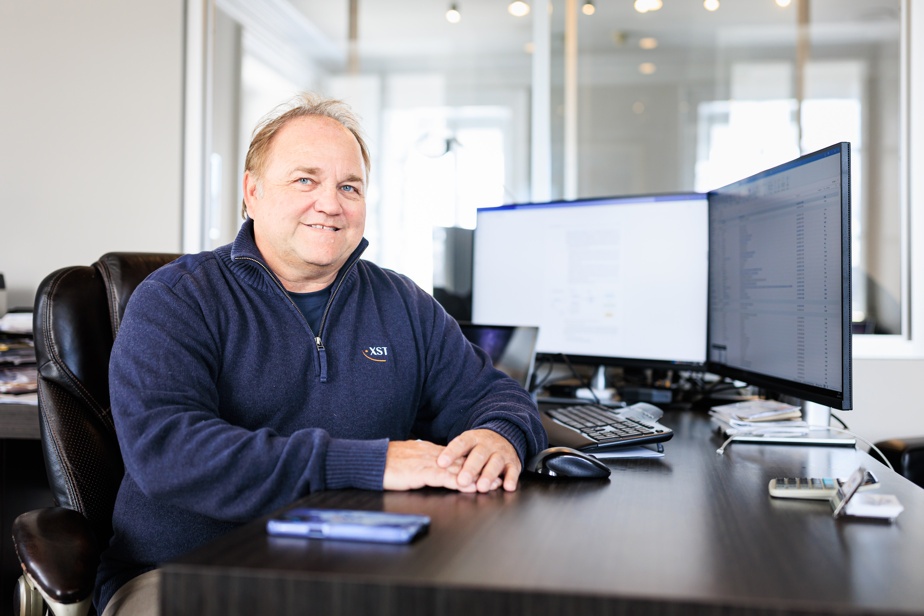Quebec recently invested $620,000 in Xpert Technological Solutions to set up a system that predicts the arrival time of ships. Although final delivery is scheduled for 2025, the company is well advanced in the development of its software and indicates that it can already offer 30% improvement in accuracy compared to current methods.
“For the maritime industry, but also for the entire supply chain, it is important to have tools that can accurately predict the arrival of ships,” explains Stéphane Caron, president and founder of Xpert Technological Solutions.
Because for shipping companies, ship owners, port authorities and terminal operators alike, time is money, and ship arrival forecasts provide the right resources – employees, trucks, trains – at the right time, at the right place.
Currently, the methods used in the industry make it possible to predict the arrival of a ship within a few hours for long voyages. For short trips, we are talking about a quarter of an hour, summarizes Stéphane Caron.
“Our goal with this new system would be to reduce that uncertainty and make sure that we predict the arrival of ships within minutes of entering Canadian waters,” he says. And his company appears to be well on its way to getting there.
According to the president, the system already allows, in its early stages of development, to improve accuracy by 30%, which can represent a few hours on long journeys.
This project, which is carried out as part of Quebec’s maritime vision, Avantage Saint-Laurent, is based in part on artificial intelligence.
Indeed, the Lévis company is working with the Université du Québec à Rimouski, in addition to having two researchers and two interns on its team, to integrate deep learning into its system.
As soon as a ship enters Canadian waters – in the St. Lawrence – the application captures the position of the ship via satellite, or with the AIS (Automatic Identification System). Taking into account a host of factors, such as sailing speed and vessel characteristics (type, length), the app then estimates the vessel’s arrival time at its destination.
But by the end of August, Xpert Technology Solutions wants to integrate other parameters into its predictive model, such as ocean currents, winds, ice conditions and time of day (day or night).
Stéphane Caron then expects an even greater improvement in the accuracy of the system.
Beyond this project for the Government of Quebec, he believes that this software could have wider marketing potential outside the province, and even the country.
“We have particularly difficult navigation conditions here: ice, winds, currents, the river changing direction. This is not common elsewhere in the world. By mastering this complexity well, we will then have a system that can very well be exported. »
